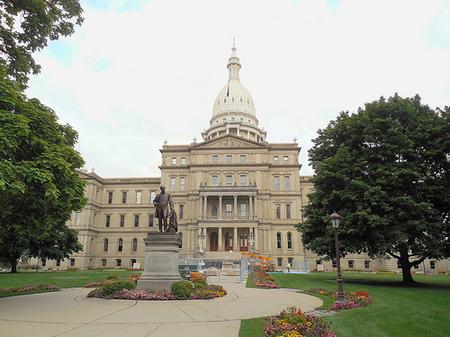Reviewing the Grand Bargain: Saving Artwork and Funding Pensions in Detroit’s Bankruptcy
Detroit’s “grand bargain” cost political capital in Lansing, former lawmaker says.

Perhaps no single element helped propel Detroit’s bankruptcy proceedings more than the so-called “grand bargain.” The deal brought financial contributions to the city from the Detroit Institute of Arts, large foundations, private corporations, unions and the state of Michigan. But the Grand Bargain didn’t come without a cost beyond dollars and cents — it upset many people who felt the city’s art collection should have been subject to sale before pensions were on the line. Beyond that, Republican leaders in Lansing spent a great deal of political capital wrangling the votes needed to get the bailout money for Detroit approved through the Legislature.
One of those leaders was Randy Richardville — then the Senate Majority Leader and a Republican from Monroe. Richardville joins Detroit Today host Stephen Henderson for a look back at the bankruptcy proceedings from the state Capitol perspective.


